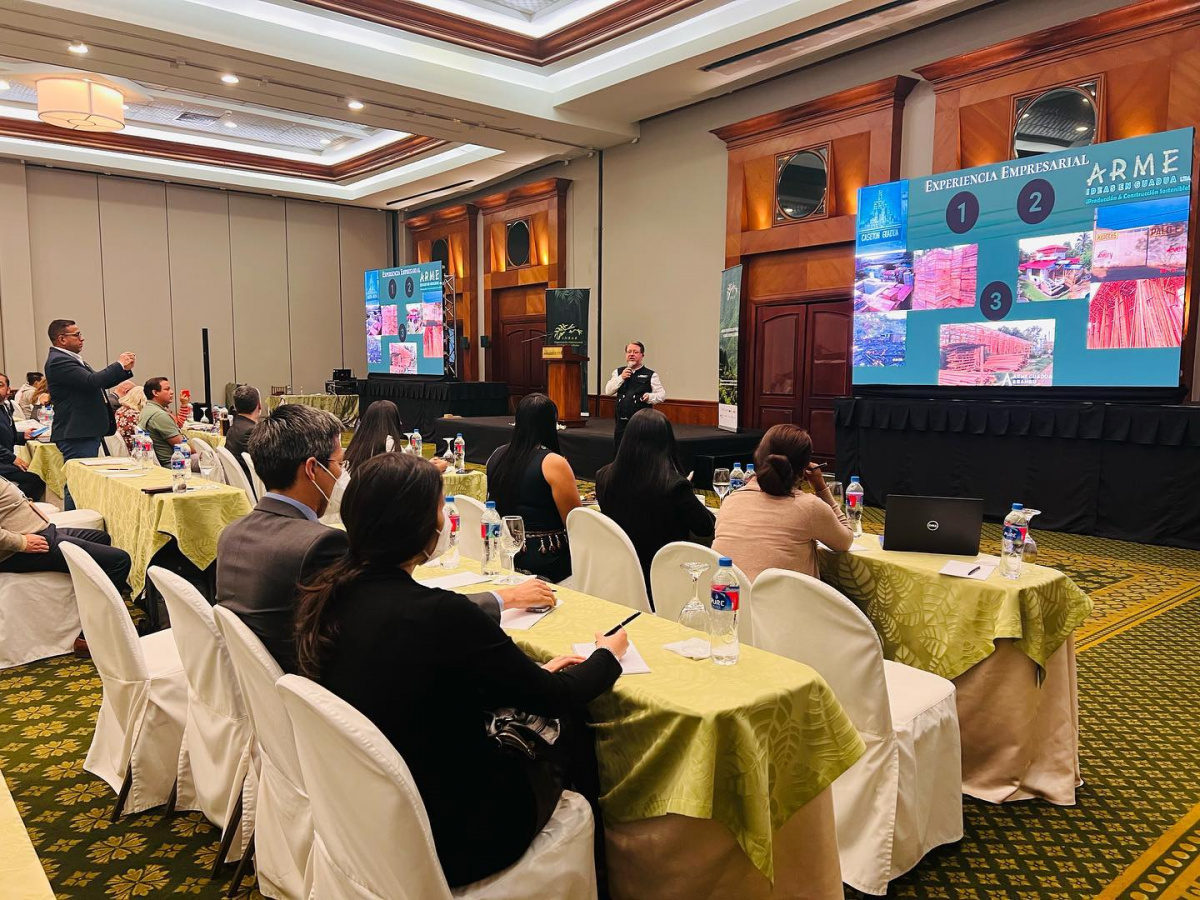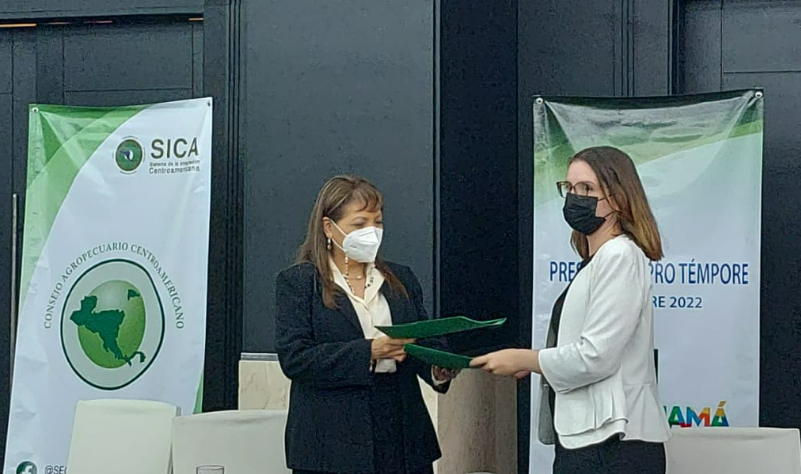Nature-based Solutions must be credible, measurable and inclusive - IUCN
Glasgow, Scotland, UK, 10 November 2021 (IUCN) – While Nature-based Solutions (NbS) are increasingly recognised as a key part of the response to the climate crisis by governments, businesses and communities, it is crucial that these interventions are credible, measurable and inclusive; says NbS founding organisation, IUCN (International Union for Conservation of Nature).

Great Fen, UK
Photo: Alistair Helliwell
There is a risk that as NbS becomes more popular, it is co-opted as a phrase instead of being applied in line with its scientific definition – “actions to protect, sustainably manage and restore natural or modified ecosystems, that address societal challenges (e.g. climate change, food and water security or natural disasters) effectively and adaptively, simultaneously providing human well-being and biodiversity benefits” – as adopted by governments and non-government entities during IUCN’s Members’ Assembly of 2016. Furthermore, it must be operationalised according to the IUCN Global Standard for Nature-based Solutions™.
To further support the uptake and scaling of robust NbS actions, IUCN today announced the first International Standard Committee (ISC) for the Standard. It will be composed of a geographically diverse group of leading experts in local community practices, indigenous knowledge, conservation action, donor leadership and private engagement.
“Nature-based Solutions are critical to addressing today’s global challenges, such as climate change. However, it is imperative that this approach is not misused, especially in regards to its application at the local level or in national reporting,” said IUCN Deputy Director General Stewart Maginnis. “Drawing on the best scientific knowledge, the International Standard Committee will be responsible for overseeing the implementation of the IUCN Global Standard for Nature-based Solutions TM to ensure it delivers transformational pathways that protect nature and people.”
The ISC will act as the universal authority in providing leadership, latest knowledge and insights on applying the Standard, facilitating lessons learnt and importantly, improving the Standard itself as it is implemented more widely. This will ensure that safeguards are respected and the Standard, as the leading operative framework for the concept, supports the much-needed transition to sustainable models for development, while protecting and enhancing biodiversity.
Dr Angela Andrade, chair of IUCN’s Commission on Ecosystem Management (CEM), which co-developed the Standard, will serve as the first chair of the ISC.
“It is critical that the best scientific and evidence-based knowledge informs the IUCN Global Standard for Nature-based Solutions™. The ISC brings together diverse expertise and experience from indigenous peoples and local communities, business, government, NGOs and academia required to steer the future development and application of the Standard across a range of geographic and cultural contexts.” she said.
In addition to Dr Andrade and Mr Maginnis, ISC members include: Ms Cissy Gore-Birch, National Aboriginal Engagement Manager for Bush Heritage, Australia; Dr Saleemul Huq, Director, International Centre for Climate Change and Development, Bangladesh Independent University; Dr Weihua Xu, State Key Laboratory of Urban and Regional Ecology, Research Center for Eco-Environmental Sciences, Chinese Academy of Sciences; Mr Mathias Bertram, Advisor, Global Biodiversity Framework for the Deutsche Gesellschaft für Internationale Zusammenarbeit GmbH; Ms Zingisa Motloba, Managing Director, Alchemy Arica, and previous Executive, Standards Division, South African Bureau of Standards; Ms Nathalie Seddon, Professor and Director of the Nature-based Solutions Initiative at Oxford University; and Mr Manuel Pulgar Vidal, Global Leader of Climate and Energy for WWF.
Early applications of the Standard, since its launch in July 2020, also emphasise the need for such a governing body to steer the policy, implementation and scientific-evidence gathering.
For example, in England, some of the ‘early movers’ that have completed the IUCN Global Standard self-assessment, include:
-
In South Yorkshire, Sheffield & Rotherham Wildlife Trust has restored the Centenary Riverside Wetland Nature Park, on the site of a derelict steelworks, as part of a £15m Environment Agency (EA) flood alleviation scheme, and created a wetland reserve along the River Don Corridor that provides 1 in 100-year flood protection for an important economic development zone in Rotherham.
-
In Cambridge, the Great Fen habitat restoration project, managed by The Wildlife Trust for Bedfordshire, Cambridgeshire and Northamptonshire, provides extra water storage during heavy rainfall, helping to protect thousands of acres of surrounding farmland, and communities.
-
In Cumbria, RSPB Haweswater is exploring how effective upland management can have positive benefits for biodiversity, water quality improvement, flood risk management and climate change mitigation, through partnering with landowner United Utilities, which supplies 3 million homes and business with water and wastewater services.
-
In Sussex, the Medmerry coastal realignment, an EA flood alleviation scheme now managed as a nature reserve by the RSPB, protects 364 homes from flooding while providing additional ecosystem services (for tourism, climate regulation, food and biodiversity net gain) estimated to be worth £3m per year.
-
The Sussex Wildlife Trust used the Standard to inform and improve the design of the Sussex Kelp Restoration Project that aims to restore almost 200 square kilometres of lost kelp forest along the coast.
In addition, a leading UK organisation delivering sustainable food and farming, LEAF (Linking Environment and Farming), applied the Standard to its collective interventions and actions over the past three decades and reported adherence to this global framework of best practice.
Further information about the IUCN Global Standard and first pilot projects can be found here.



